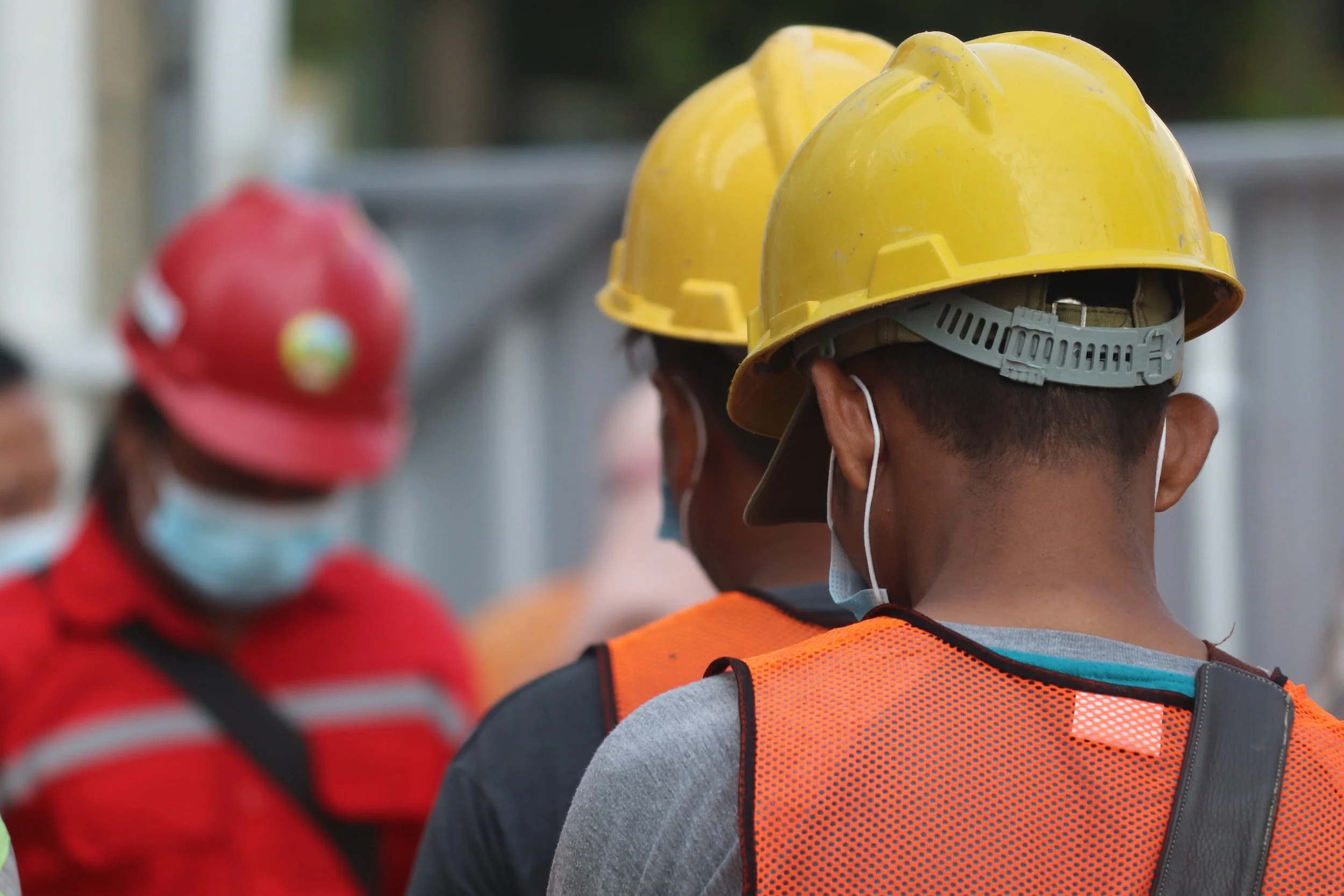Blog
Here’s the latest from Commonly Well.

Bringing more diversity of thought to behavioral healthcare
When we explore best practices in behavioral healthcare, we constantly look inside our field and rarely seek best practices of psychology and experience from other services and industries. This is limiting our ability to be more effective and truly great practitioners of care.

Safety as a conduit for solving addiction
In life and in business, errors disrupt potential and productivity. Errors can be the enemy of efficiency, especially if we do not learn from and eliminate them.
Errors in life and the workplace can also result in injury and death.
Humans are fallible and error prone. But, we can be very efficient and safe when we understand and apply good habit creation.
Addiction is essentially a deeply trained habit. It’s a compulsive act that continues despite negative feedback.

Everything is figureoutable
It has been a little while since I last wrote in this space. The reason is not for a lack of things to write about. The reason is that I have been sorting out the work of Commonly Well and the direction of the Recovery Capital Index.
Starting a business and getting it out there is tough, even for seasoned veterans. Doing so in the middle of a global pandemic is doubling challenging.
But, we are figuring it out.

On transportation and addiction recovery
As a reader of this newsletter, you now know that addiction is a lens through which I will view inequities, barriers, and poor design. With limited exceptions, addiction is a condition that manifests over time and through repetition. Reversing the effects of addiction are incredibly difficult because our environment isn’t optimized for health or to make life easy — unless of course you have the things needed to navigate the environment (in which, life is never really easier, just easier).

Identifying a set of operating principles
Form follows function.
This is a hard and fast rule, right?
I suppose it depends on whom you ask. Put an architect, product designer, industrial engineer, and a software developer in a room together and my guess is the discussion, err debate, could go on a long time.

Don’t wait for the most painful proof
We’ve set our default to act when action becomes the hardest
Is there something in your life that could and should be changed or fixed but you’re holding off because it’s just not bad enough yet?

On our addiction to resiliency porn
All of human history is marked by the stories we tell of our own triumph and the tragedy of others.
These stories provide comfort and caution. They also inspire us to be better.
But what happens when individual stories of triumph and tragedy fuel opportunism from crisis?

The community design argument for open drug use
Dr. Carl Hart’s new book, “Drug Use for Grown-Ups: Chasing Liberty in the Land of Fear,” continues to push the envelope on how we think about drugs, policies around drugs, and addiction.
I'll read the book, just as I've read most of Dr. Carl Hart’s work, but ... yeah, there's a big but here. On the surface, Dr. Hart is dancing dangerously close with complete irresponsibility.

Look to First Principles To Solve the Voting Problem
Who can vote and who cannot has been an original fixture of American democracy. This reality is counter to the ideal of our representative democracy.
And now, on the cusp of a presidential election in the middle of a pandemic and social strife, the very act of voting is plagued with uncertainty.
This problem seems incredibly solvable.

Participate in a Design Charrette
Over the years, many individuals have provided knowledge and insight that led to new solutions or ideas in my former work at Face It TOGETHER. Some of this knowledge was acquired directly and indirectly. But as I transition into new opportunities and the launching of Commonly Well, I’d like to return the favor in a very direct way.
Let me host a design charrette for you or your team.
